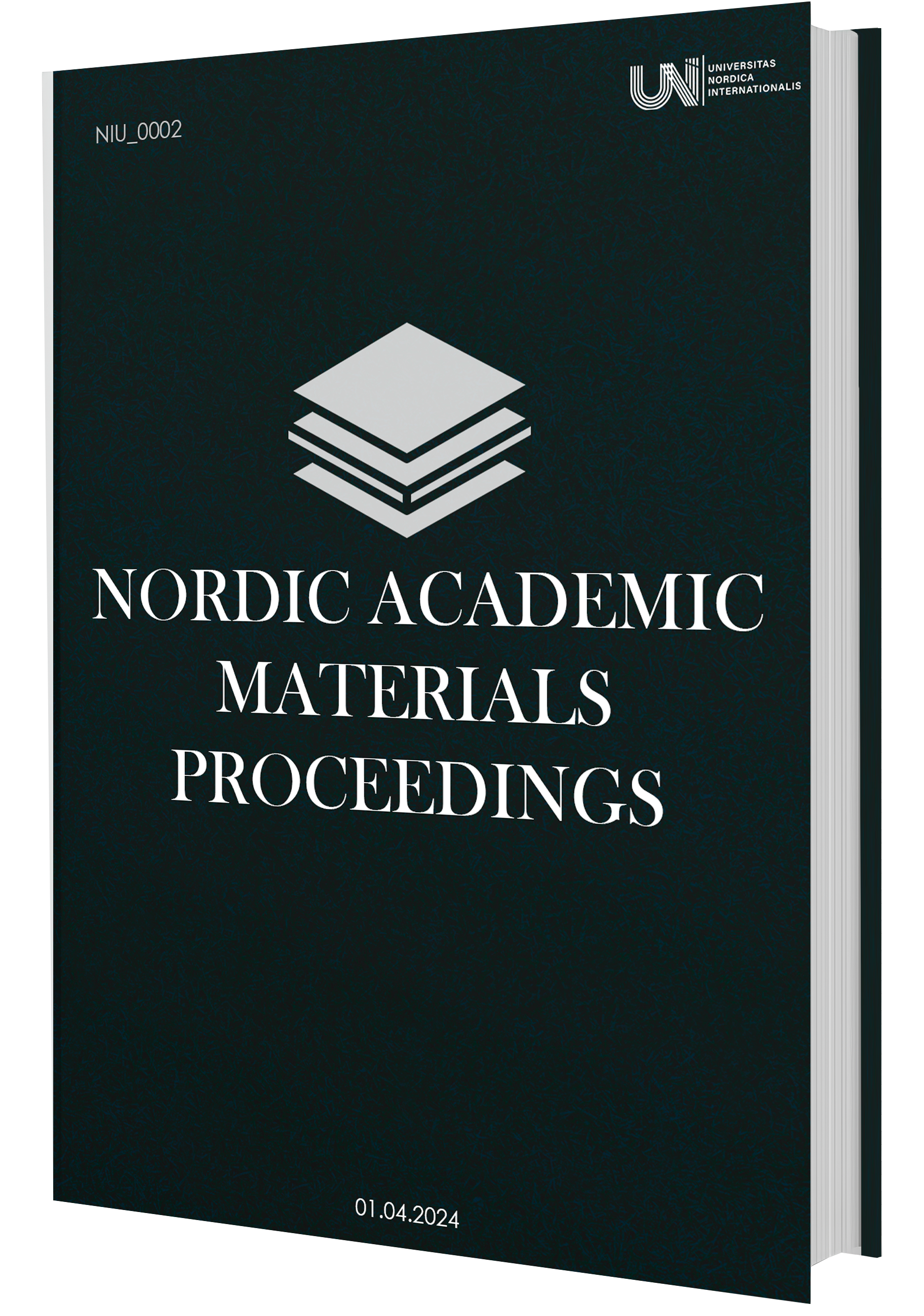Stages of inter-industry integration in ensuring the quality of training and employment of personnel
Ключевые слова:
Higher education, industries, integration, communication, ensuring employment, inter-industryАннотация
The tasks of introducing and consistently improving the integration of higher educational institutions that train personnel and their customers (employers) in ensuring the quality of training and employment of young specialists are defined in a number of state, government and industry regulations of the higher education system. Higher education fulfills one of the most complex requirements of society, it prepares specialists with the necessary level of knowledge and skills in certain types of labor for sectors of the economy. In other words, higher education, through the performance of its assigned functions, satisfies the need of the state and society for highly qualified personnel, which, in turn, presupposes the integration of higher education in training personnel for the economic, social and cultural industries with their consumers. With regard to this, the article presents practical proposals for the stages of the implementation of inter-sectoral integration in ensuring the quality of training and employment
Библиографические ссылки
Resolution of the President of the Republic of Uzbekistan. On measures to further develop the participation of industries and sectors of the economy in improving the quality of training specialists with higher education. No. PP-3151. Collected Legislation of the Republic of Uzbekistan, 2017, No. 30, p. 729
Gulchiroy Abduraimova. Methodical Training of Elementary School Teachers in Technology Subject // «Eastern European Scientific Journal» Düsseldorf. – Germany, 2018. Vol. 2. – P. 285 – 288. (13.00.00; №1)
Kuysinov O.A. Improving the methodologies of raising the effectiveness of continuous education on the basis of ensuring content consistency. «Actual problems of modern science, education and training» Electronic Journal. July, 2021-7/1. ISSN 2181-9750. KHOREZMSCIENCE.UZ. P. 4-8
Kuysinov O.A. Some Aspects of Modular Educational Technologies Forming Professional Competence of Future Teachers Eastern European Scientific Journal. - Germany, 2018. №4. Р.251-257
Kuysinov O.A., Muslimov N.A., Urazova M.B. Formation of professional competence of future teachers through the use of web-quest technology "Scientific Review: Humanitarian Research" scientific journal, Moscow, Russia, 2014. No. 3. Volgograd. Russia. 2015 year
Kuysinov O.A., Urazova M.B. On the essence and role of design activities in the professional development of a teacher. SCIENCE AND WORLD. International scientific journal. No. 5 (21), 2015, Vol.II. Science and the world. International Scientific Journal, No. 5 (21), 2015, Volume 2. The impact factor of the journal "Science and World" - 0.325 (Global Impact Factor 2013, Australia)
Mamatov D.N. Pedagogical design of vocational education processes in the electronic information educational environment. Monograph. –T: Navruz, 2017. - 160 p
Zaripov L.R. Developing students' technological competencies based on innovative approaches. Scientific bulletin of NamSU. 2021. № 1. 285-290 p
Abduraimova G.O. Physical activity and health // Journal: young scientist Year: 2017 Pages: 266-269 Publisher: Limited Liability Company "Young Scientist Publishing House" (Kazan)
Sherali S. Abduraimov Integrative Activities in Providing Quality of Training Teachers of Professional Education // «Eastern European Scientific Journal» Düsseldorf – Germany, 2017. №1, 2017, Page 179-183. (13.00.00 №1)
Mamatov DN, Pedagogical practice as a form of formation of professional competences of future teachers. The qualities of higher and vocational education in the post-industrial era: essence, provisions, problems. Materials of the 10th International Scientific and Practical Conference. Kazan, May 12, 2016
Загрузки
Опубликован
Выпуск
Раздел
Лицензия
Copyright (c) 2024 Odil Qo'ysinov

Это произведение доступно по лицензии Creative Commons «Attribution-NonCommercial» («Атрибуция — Некоммерческое использование») 4.0 Всемирная.
Условия лицензии
Эта работа доступна под лицензией Creative Commons Attribution-NonCommercial 4.0 International License. Чтобы просмотреть копию этой лицензии, посетите http://creativecommons.org/licenses/by-nc/4.0/ или отправьте письмо по адресу Creative Commons, PO Box 1866, Mountain View, CA 94042, США.
По этой лицензии вы можете:
Поделиться — копируйте и распространяйте материал на любом носителе и в любом формате.
Адаптируйте — делайте ремиксы, трансформируйте и дорабатывайте материал.
Лицензиар не может отозвать эти свободы, если вы соблюдаете условия лицензии. На следующих условиях:
Атрибуция. Вы должны указать соответствующую ссылку, предоставить ссылку на лицензию и указать, были ли внесены изменения. Вы можете сделать это любым разумным способом, но не таким образом, который бы предполагал, что лицензиар одобряет вас или ваше использование.
Некоммерческое использование — вы не имеете права использовать материал в коммерческих целях.
Никаких дополнительных ограничений. Вы не имеете права применять юридические условия или технологические меры, которые юридически запрещают другим делать все, что разрешено лицензией.





